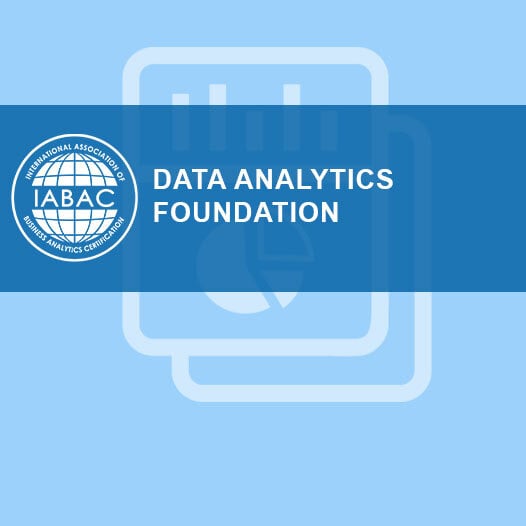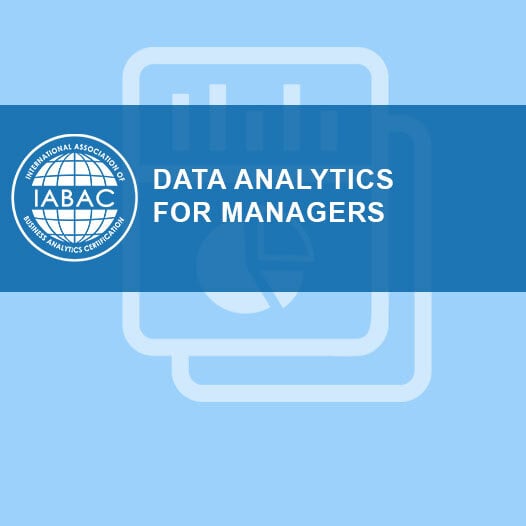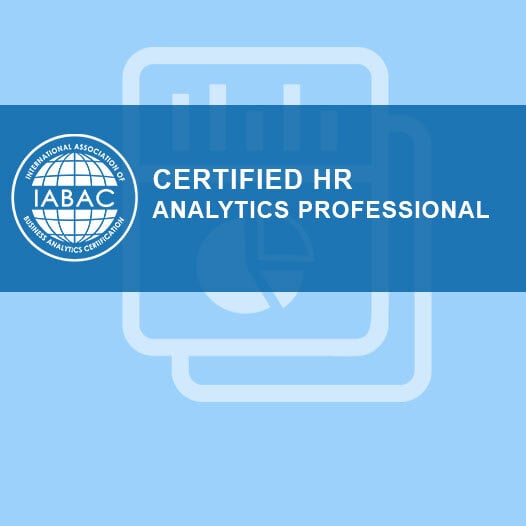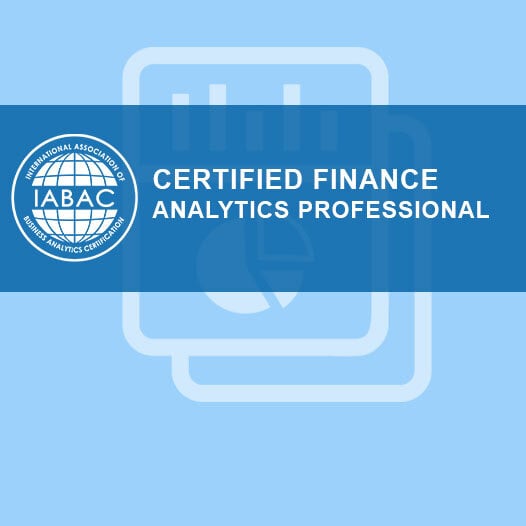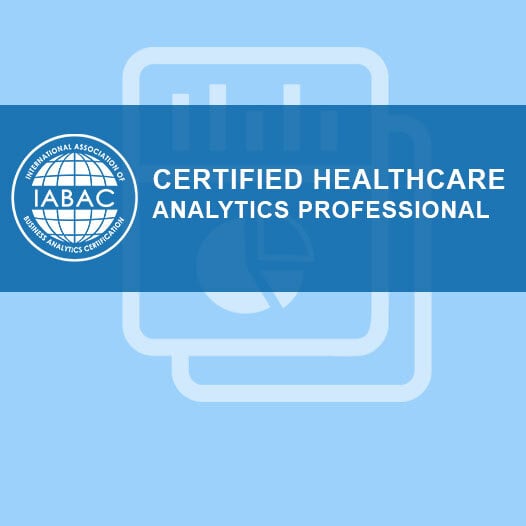Prerequisite Certification
There is no mandatory prerequisite for this certification. It is recommended to have
- Basic Data Literacy: A fundamental prerequisite for pursuing a certified data analyst certification is a basic understanding of data concepts and terminology. Familiarity with data types, variables, and basic statistical concepts will provide a strong foundation for further learning.
- Proficiency in Spreadsheet Tools: Being proficient in spreadsheet tools like Microsoft Excel or Google Sheets is crucial for data analysis. Understanding functions, formulas, and data manipulation techniques will enable you to efficiently work with data sets and perform calculations.
- Statistical Knowledge: While not mandatory, having a basic understanding of statistics will greatly benefit your journey toward becoming a certified data analyst. Concepts like probability, distributions, and hypothesis testing will help you comprehend and interpret data analysis results more effectively.
- Critical Thinking and Problem-Solving: A key prerequisite for pursuing a certified data analyst certification is the ability to think critically and solve complex problems. Data analysis often involves identifying patterns, making connections, and drawing meaningful insights from data. Developing strong analytical and problem-solving skills will greatly enhance your effectiveness as a data analyst.
Who can pursue this certification?
The Certified Data Analyst (CDA) certification is typically designed for individuals who want to demonstrate their skills and expertise in the field of data analysis.
- Aspiring Data Analysts: If you're passionate about working with data and want to kick-start your career in data analysis, pursuing a certified data analyst certification can provide you with the essential skills and knowledge needed to excel in this field.
- Business Professionals: Whether you're a marketer, strategist, consultant, or executive, acquiring a certified data analyst certification can significantly enhance your decision-making capabilities. By understanding data analysis techniques, you can extract valuable insights and drive data-driven strategies to achieve business objectives.
- Career Switchers: Are you looking to transition into the data analysis field from a different profession? Pursuing a certified data analyst certification can help you bridge the gap and showcase your commitment to acquiring the necessary skills for success in this rapidly growing industry.
- Graduates and Students: If you're currently pursuing a degree or have recently graduated in a field related to data analysis, obtaining a certified data analyst certification can complement your academic qualifications and make you more competitive in the job market.
- Professionals Seeking Growth: Whether you're already working as a data analyst or in a related role, pursuing a certified data analyst certification can enhance your expertise and advance your career. By staying updated with the latest techniques and best practices, you can expand your horizons for to enhanced professional development and elevated positions.




